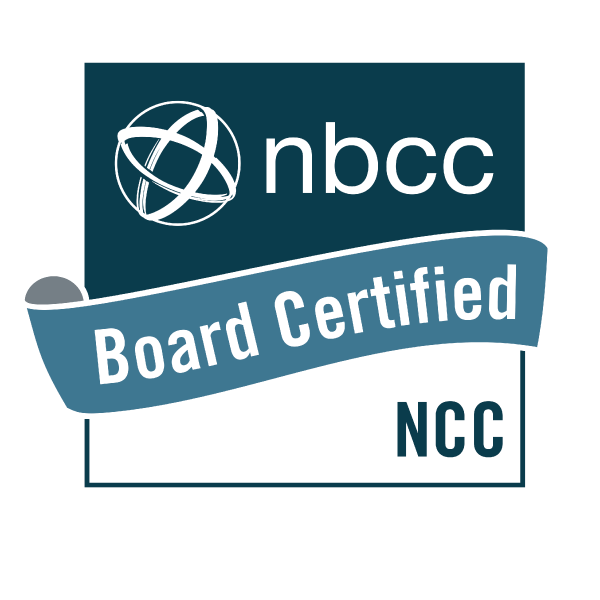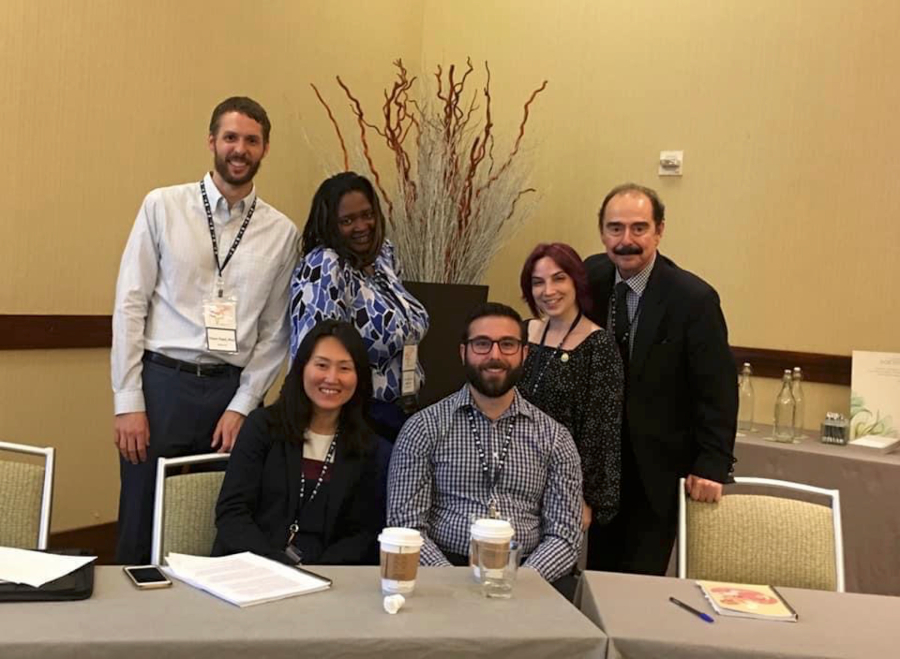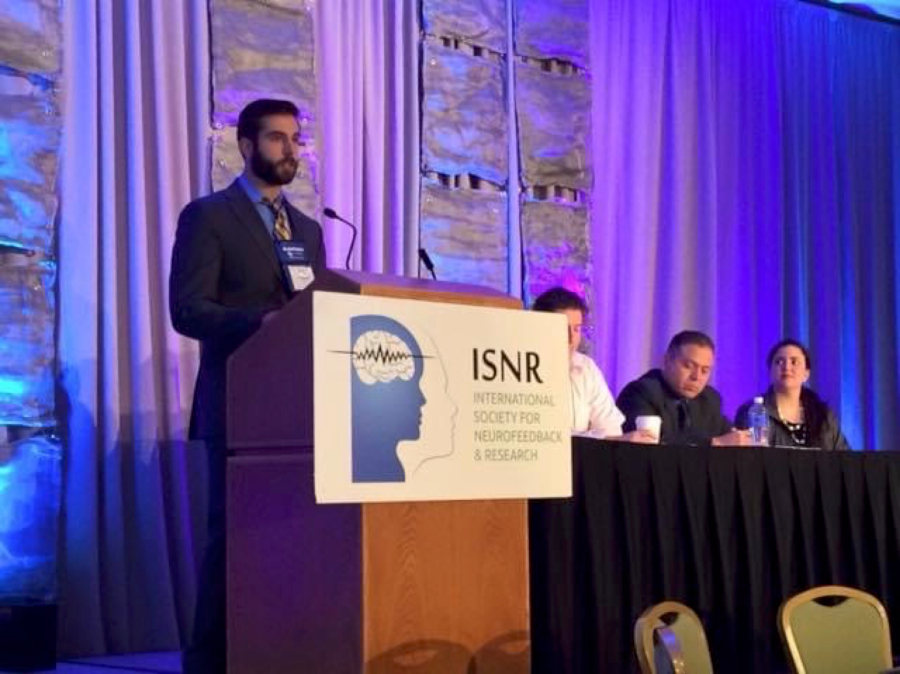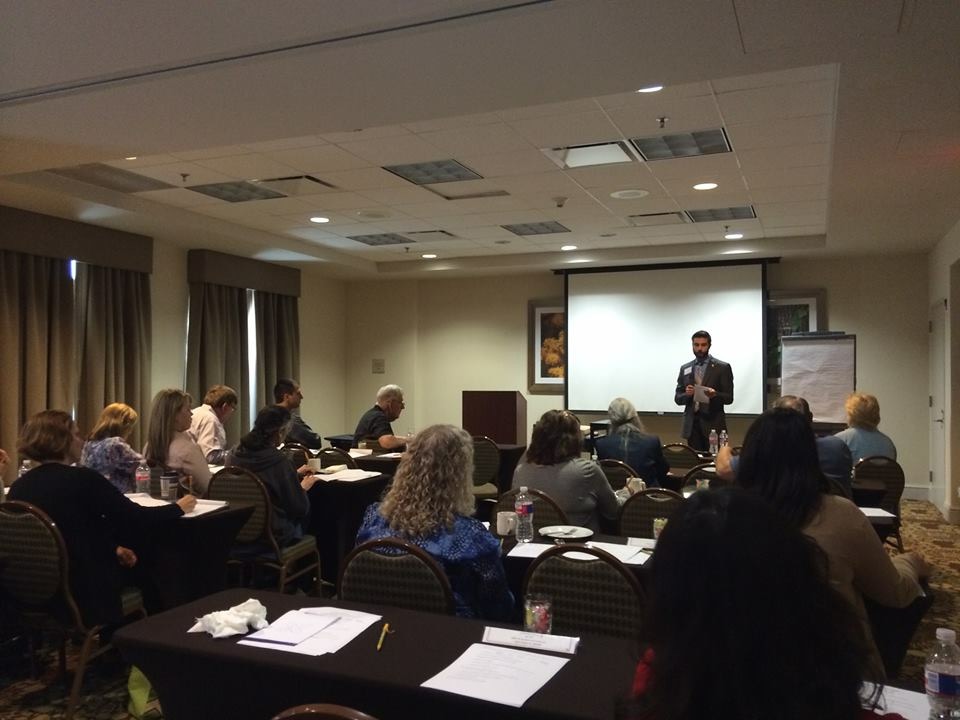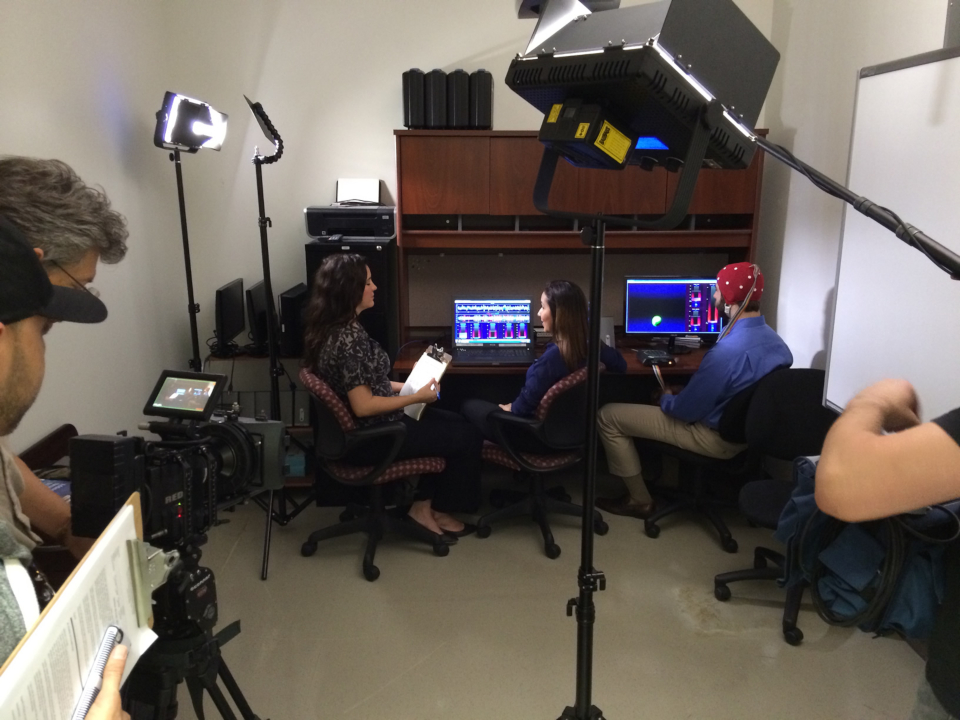Research
It is my belief that research is the voice of our profession. Research is conducted in a style which simultaneously serves the function of advancing the counseling profession whilst honoring those whom we serve. As such, it is my belief that research, especially that which is driven by clinical practice and is rooted in ethical principles, is one of the most crucial components of our profession. Furthermore, it is my belief that research should promote social justice. This inherently occurs as we decrease the disparity between clients who have resources to take part in counseling and those who do not. All too-often, many of us within the profession forget that counseling is a privilege. Often times, those who can gain the most from this additional support cannot afford the costs demanded of them. As such, we address a need in our community when we conduct research which provides those who cannot afford the luxury of counseling with free or a reduction to the cost of services.
Furthermore, their voice, which is present in both quantitative and qualitative methodologies, establishes a platform of advocacy and assists in stamping-out stigma which adversely effects mental health. Principles of social justice and equity do not stop when we receive notification of acceptance for publication. It is my belief that publication is only part of this process. The next stage is to share this information with our colleagues through presentations. While presenting, we invite feedback and exert a challenge to our colleagues to carry the torch forward by providing services to additional populations. Additionally, we challenge our colleagues to evaluate the efficacy of our approach while providing services to individuals/groups which have a unique set of needs and worldviews. Ultimately, research informs our practice, establishes the foundation for our presentations/teachings, and informs policies which govern our collective livelihood.
Research Agenda
My research agenda builds upon my previously conducted research, which largely encompasses the use of neuroscience as a tool utilized by counselors to promote client growth. The goal of this research is two-fold; firstly, to explore the use of neuroscience as a tool which further validates the practice of counseling and; secondly, to explore the efficacy of neurofeedback in the treatment of clients’ brain-based clinical goals. Acquisition of grants and alternative sources of funding are paramount to the development of this research track. This technology will also assist in the development of a neurofeedback training program as well as assist in addressing programmatic standards. Given the recognition that clinical research is oftentimes costly and time consuming, I will actively pursue additional approaches to advance our profession such as the use of neuroscience-related meta-analyses. These analyses will further inform future research practices by identifying populations which have not been addressed by previous research and address the evidence-basis for the use of neuroscience-informed practices.
